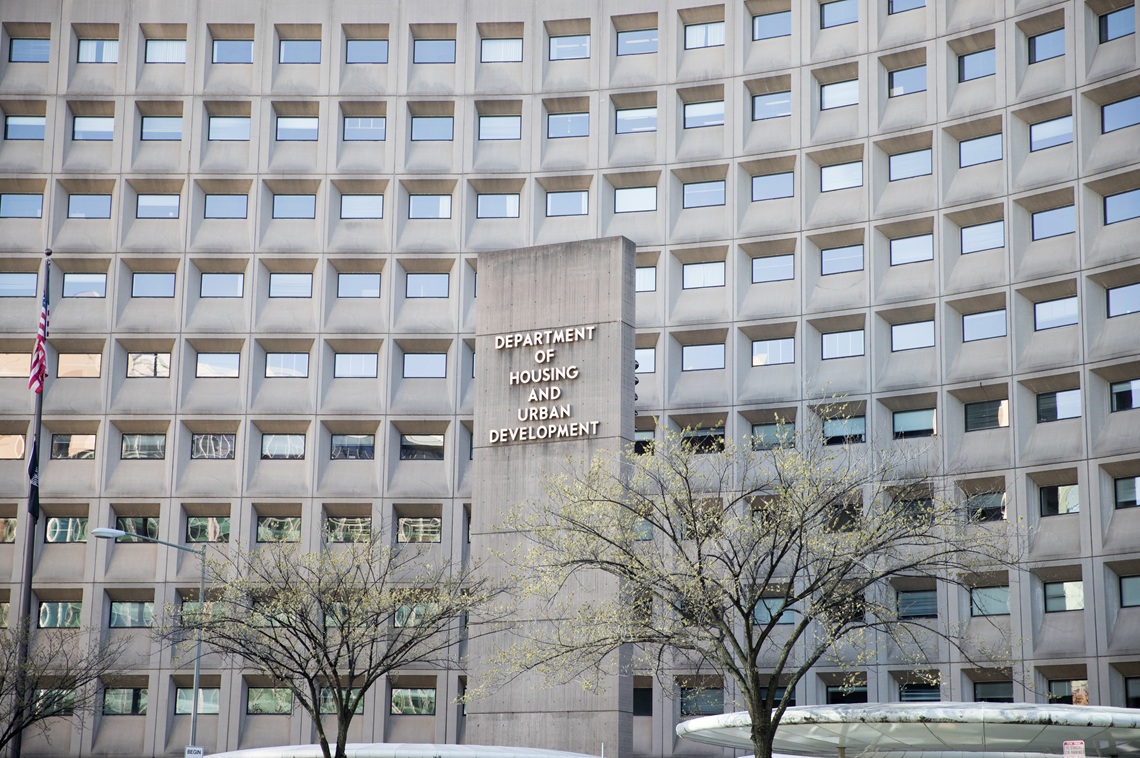The U.S. Department of Housing and Urban Development (HUD) announced Wednesday it will no longer allow non-permanent residents or non-U.S. citizens to obtain FHA-insured mortgages. This significant policy shift aligns with the Trump administration’s tougher stance on illegal immigration.
The changes, published in Mortgagee Letter 2025-09 and Title I Letter 490, take effect May 25 and remove eligibility for non-permanent resident aliens who previously qualified with valid Social Security numbers and work authorization documents.
Under the new guidelines, only U.S. citizens, lawful permanent residents with green cards and citizens from the Federated States of Micronesia, the Republic of the Marshall Islands or the Republic of Palau will be eligible for FHA-insured financing. This includes FHA loans and Home Equity Conversion Mortgages (HECMs), or FHA-insured reverse mortgages for senior homeowners.
The letters cite concerns about non-permanent residents’ ability to repay their loans over the long term due to the uncertainty of their residency status.
“Currently, non-permanent residents are subject to immigration laws that can affect their ability to remain legally in the country,” the letters note. “This uncertainty poses a challenge for FHA as the ability to fulfill long-term financial obligations depends on stable residency and employment.”
The change follows President Donald Trump’s executive orders prioritizing government resources for American citizens, part of his broader crackdown on illegal immigration since returning to office in January.
In a series of posts on X on Wednesday, HUD Secretary Scott Turner doubled down on the new policy.
“Today, HUD terminated Biden’s taxpayer-backed FHA mortgages for illegal aliens. American taxpayers will no longer subsidize open borders by offering home loans to those who enter our nation illegally,” Turner wrote. “HUD is prioritizing Americans, not illegal aliens. @POTUS promised to end taxpayer subsidies for illegals, and today, we put an end to illegals receiving FHA home loans. HUD-backed mortgages should benefit Americans who play by the rules and work hard, not those who enter our country illegally.”
FHA loans, which allow down payments as low as 3.5% for borrowers with credit scores of 580 or higher, have helped many immigrants find a pathway to homeownership. In 2023, FHA loans accounted for 19.8% of all closed-end, first-lien home purchase loans, up from 16.3% the year prior, according to a Consumer Financial Protection Bureau (CFPB) summary of Home Mortgage Disclosure Act (HMDA) data.
However, specific data on how many non-permanent residents have taken out FHA loans are not available.
According to HUD’s mortgagee letter, “FHA does not retain citizenship or residency data from the loan application and therefore does not maintain information on the number of non-permanent residents who have received FHA-insured loans under past policies.”
Housing advocates have expressed concern about the change, arguing it could further restrict access to homeownership for immigrant communities already facing barriers in the housing market.
“It’s a mistake that a policy that was put in place by Brian Montgomery and Ben Carson was reversed, and a large group of young, vibrant members of our workforce will be denied their opportunity to invest and build roots in America,” Gary Acosta, co-founder and CEO of the National Association of Hispanic Real Estate Professionals (NAHREP) said in a statement to RISMedia on Thursday. “Politics aside, this reversal will reduce meaningful transaction volume by eliminating a pool of creditworthy buyers and borrowers from mortgage pipelines across the industry.”
For mortgage lenders and applicants, the new guidelines emphasize that a Social Security card alone is insufficient to prove immigration status. Evidence of lawful permanent residence must be documented with additional verification from U.S. Citizenship and Immigration Services.
HUD’s change represents one of the most significant restrictions on FHA lending criteria in recent years and is likely to force non-permanent residents to seek conventional financing options. These loans typically require larger down payments and higher credit scores and are generally harder to qualify for than government-backed loans.

